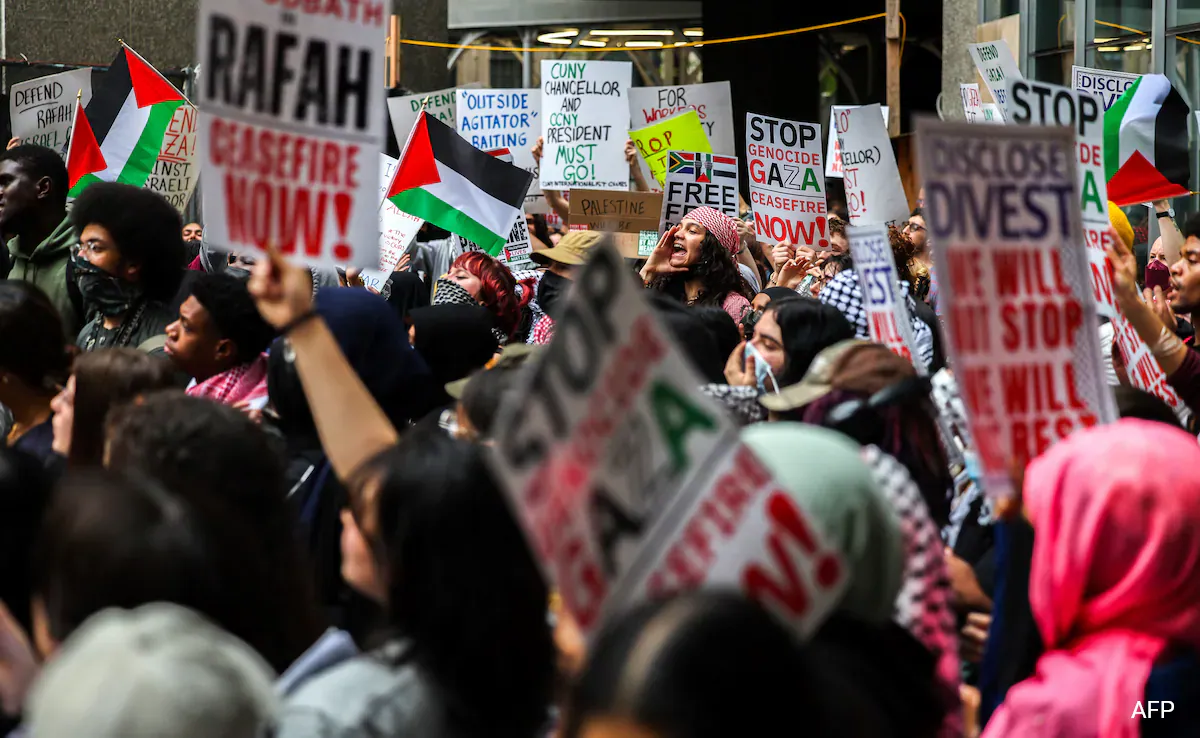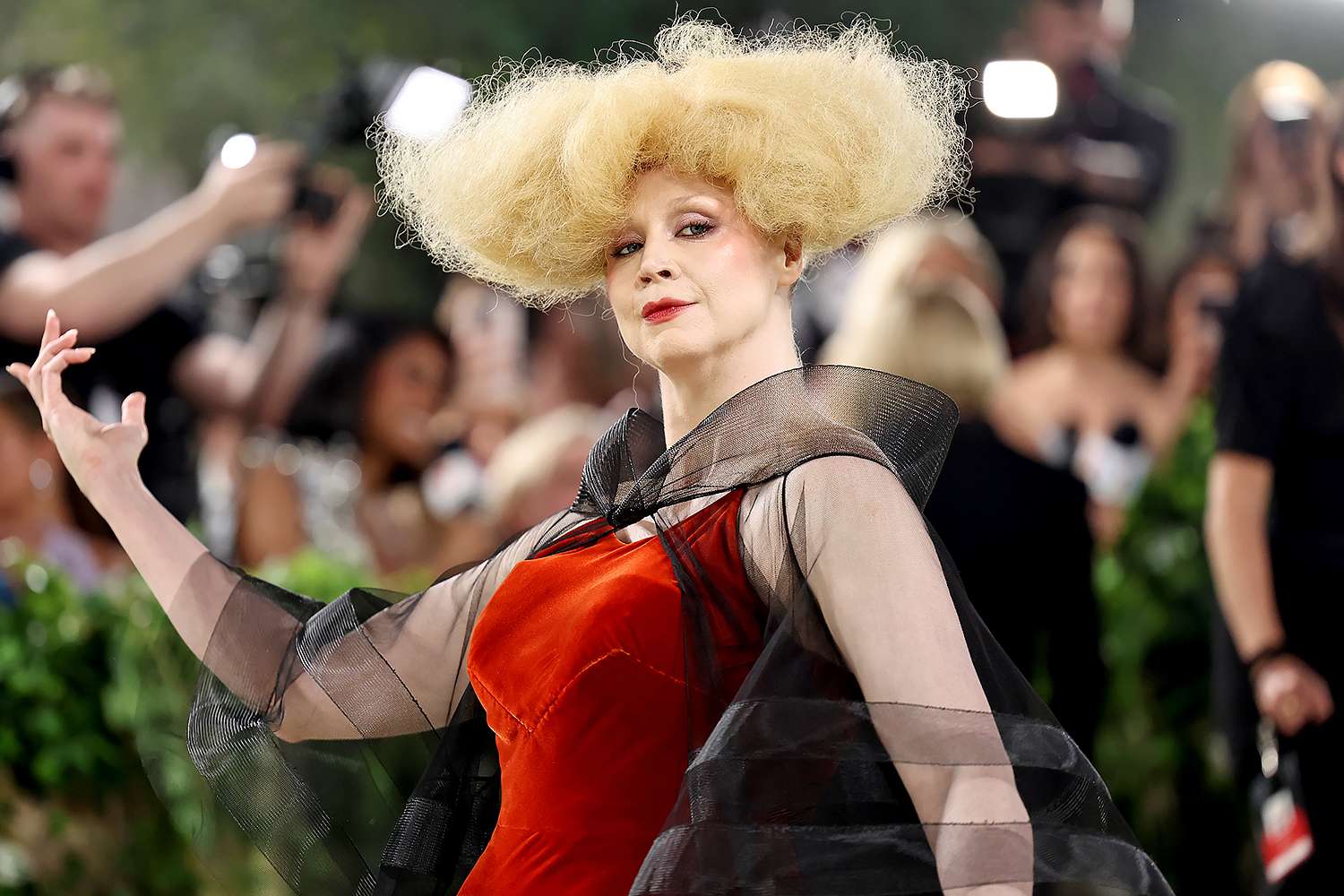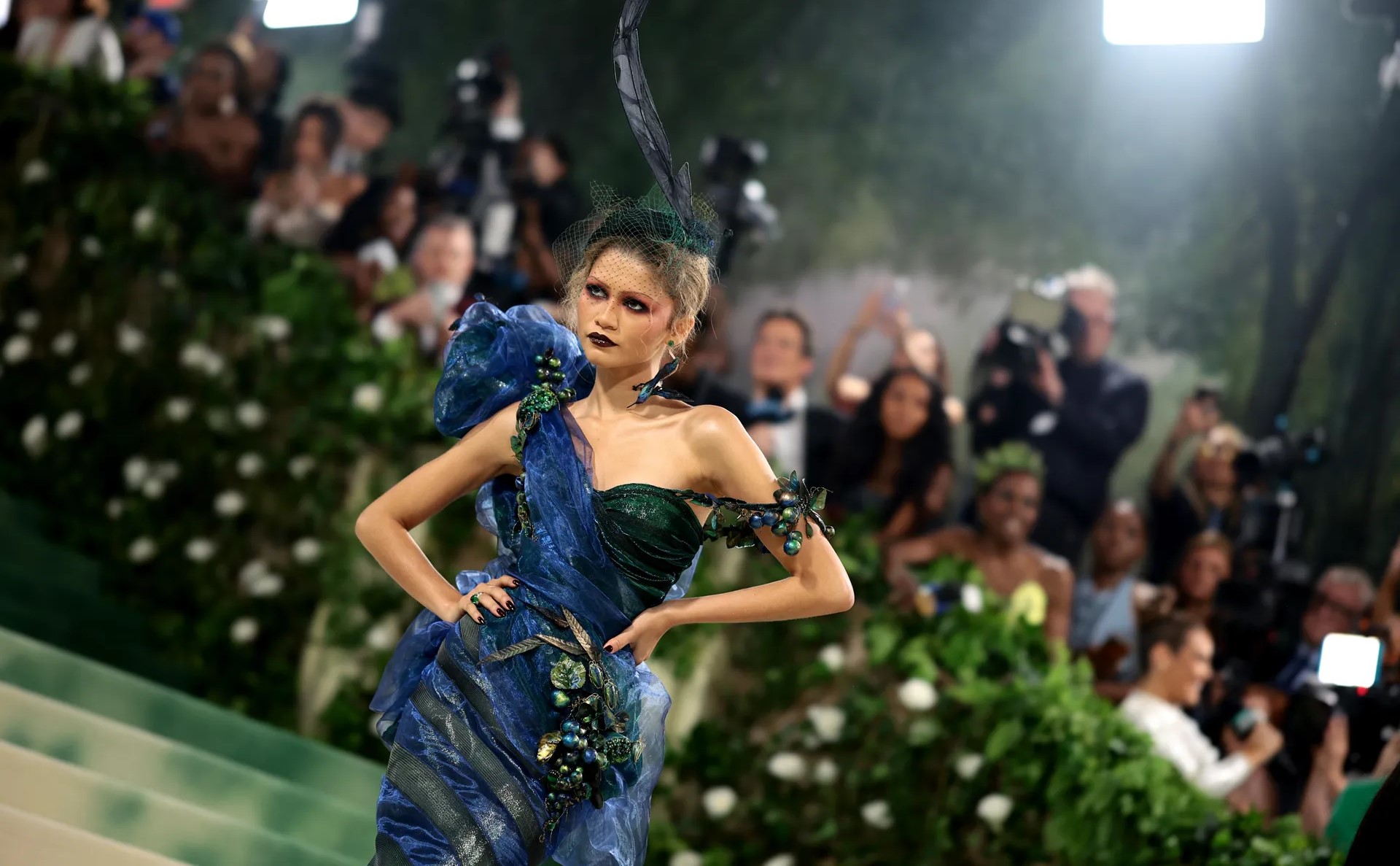By Dimitra Gatzelaki,
Anyone who follows the American entertainment industry has no doubt heard of the Met Gala. For celebrity culture and the fashion industry, it’s perhaps the event of the year, as it unveils the fashion trends that will subsequently dominate, which every fashion house will follow in their upcoming collections. The organizer of the event is none other than the Metropolitan Museum of Art in New York and its purpose, rather than a simple display of wealth or a homage to fashion, is to raise money for the Met’s costume collection. It’s a grandiose cultural event taking place for a good cause, that is, to preserve and elevate the Arts.
As an event dedicated to fashion, the Museum provides the Met Gala with a lavish theme, or dress code, each year. This year it took place on May 6th, while its theme was sparked by the literary tradition: J.G. Ballard’s short story “The Garden of Time”, dating from 1962. Ballard’s story is thought to be an experimental and thought-provoking one, belonging to speculative fiction. It details the lavish yet solitary life of Count Axel and his wife, who are sheltered within a magnificent villa that’s surrounded by empty plains. Their tranquility is threatened by a vast, ominous mob that approaches the villa little by little. Count Axel uses the “magical” crystal flowers in their garden to manipulate, or buy, time and stall the looming disaster. As the Countess plucks the final flower, the pair are given a few final moments of serenity.
And while one can obviously read this story in many different ways, there is one interpretation that’s particularly interesting —and relevant. As @guardianaustralia states in a TikTok video, Vogue has said that “The Garden of Time” and its dress code is “ultimately about ‘fleeting beauty’”. Yet, they suggest, “another way to interpret it is that the aristocracy bent time so often, held on to their own personal ‘utopia’ for so long, that by the time they inevitably fell, there was no paradise left for that army of common people to enjoy”. The poetic irony of this is that right before the Gala would start, hundreds of pro-Palestinian protesters were striding towards the Met, protesting against the U.S. government’s support of Israel. One can see the similarity between celebrities at the Met Gala and the isolated Count and Countess, hidden within their lavish bubble and refusing to acknowledge the “mob” two steps away from their door. In my view, it’s a dystopian tale for a dystopian time.

Speaking of dystopian tales, there’s a deeper controversy trailing behind this year’s Met Gala: its ceaseless comparison to Suzanne Collins’ YA series The Hunger Games. The parallels being drawn online this year are overwhelming, and, as I see it, for valid reasons. Collins’ franchise is famous for its striking depiction of class divide, of privilege, of the “dehumanisation” of the rich. In the capital of Panem, “fashion functions as a socio-political weapon”, as it becomes a way of standing out from the poor and oppressed; and it’s the rich, the Capitol, who does the oppressing. Sound familiar? Social media users were quick to grasp the similarities, turning this comparison into a “trend” more prominently than in any other year in the past. One user on X wrote that “the Met Gala is feeling extra Hunger Games this year” (@LissaJoStewart), while another pointed out that “it feels like the Hunger Games right now. With the Met Gala in the Capitol, bursting with opulence and ridiculous clothing, while war ravages the districts with horrendous and inhumane suffering” (@Sally_writes).
Moreover, one particular point in Navlakha’s article has stood out to me, where she mentions that “[the Capitol’s] facade of glitz and glamour is also used to mask government-mandated brutality”; and indeed, at the time of the Gala, police were making arrests outside the Met (according to @guardianaustralia), trying to break up the pro-Palestinian protest. And if the irony of this wasn’t enough, news coverage worldwide spent the next few days talking about the opulence and extravagance of the event, with no mention of the deeper ideological questions it raised. And these are fundamentally important questions. Judging by this type of coverage, I’ve come to think that the majority of the world either doesn’t understand the dystopian character of the Met Gala (and similar events) while war rages on elsewhere, or simply chooses to ignore it. I don’t know which is worse.

And yet there might be, at some point, a way out of this plight. In the face of discrimination, of cruelty, of desensitization to mass death, Collins’ novels allow for a few scarce rays of hope. Maybe, sooner or later, the world will reach out to them.
References
- Why the internet is comparing the Met Gala to ‘The Hunger Games’. Mashable. Available here
- @guardianaustralia (2024). TikTok. Available here




